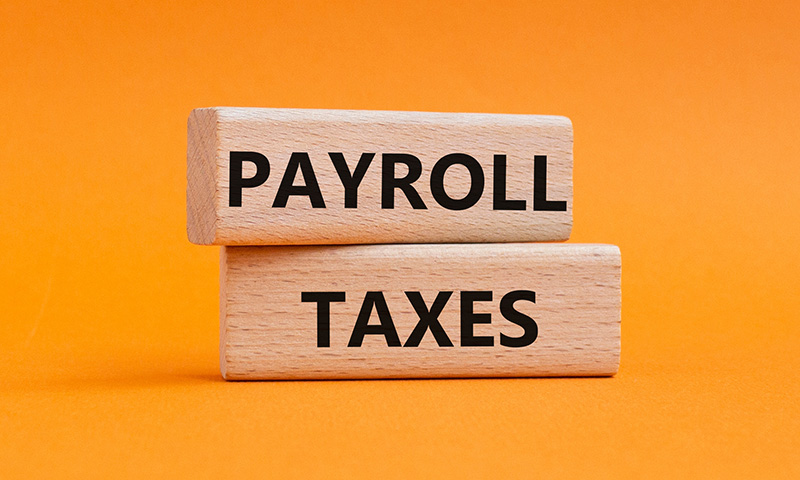I have Illinois state payroll tax debt. Can it be reduced?
January 12, 2023 by Steve Banner, EA, MBA
It is understandable why someone who finds themselves in a position of owing payroll tax debt to the state of Illinois would ask a question such as this. This quote, taken directly from the website of the Illinois Department of Internal Revenue (DOR), makes things very clear:
“As a withholding agent (person who withholds income tax), you are liable for the taxes that you are required to withhold. Because we are required to collect taxes (and issue assessments when these taxes are not paid), Illinois law states that the amounts required to be withheld and paid to us (and any penalties and interest) are considered to be a tax on you. As the withholding agent, you must pay the tax even if you failed to withhold the tax from your employee.” 1
I have added the underlining in the quote for emphasis, but the entire paragraph provides a vivid illustration of why a withholding agent would likely be strongly motivated to reduce the amount of any payroll tax debt they might owe to the DOR! Fortunately, the short answer to the original question is yes, Illinois state payroll tax debt can quite possibly be reduced.
The first stage in the process of trying to get the debt reduced is to review the details of the amount being requested by the DOR. The total debt will likely consist of the amount of unpaid payroll tax plus penalties and interest. These latter figures will be calculated based on the amount of unpaid taxes, and thus you will need to check whether that initial figure is correct. From there, you would review the penalty and interest calculations. After completing this process, you may find that any change to the total debt is still beyond your current capacity to pay, which takes us to the second stage of our journey.
In this stage, we may turn to the DOR’s Board of Appeals. This Board is made up of three members who have been appointed by the Director of the DOR. The role of the Board is to make sure the department has treated you fairly, and it can also provide you relief when appropriate. In particular, the Board has the authority to:
- waive penalties and interest (based on reasonable cause), and
- reduce a tax liability (if it is likely the full debt cannot be collected).
Although the Board has the power to reduce your debt if it so chooses, you must provide full and complete information about your case to support a claim for relief. This is done by filing a petition using Form BOA-1, Board of Appeals Petition, together with supporting information to explain why you believe that relief is appropriate in your case.
A petition for relief can only be filed after the amount of your liability has become final and all actions to review the amount of the assessment have either ended or the time allowed to take such actions has expired.
You may request a hearing as part of your petition, but this is not a compulsory requirement. The Board will review your case based on the written petition alone if no hearing is requested.
To summarize the situation, it is possible for you to attempt to reduce the debt you owe to the DOR, but your success depends entirely on the Illinois DOR Board of Appeals and its reaction to your petition (possibly including a hearing). You could file the petition on your own, or you could seek the help of an experienced tax professional with a company that handles payroll tax debt cases in all 50 states. To help you make up your mind on how to proceed, you could call for a cost-free obligation-free discussion of your case with one of our expert specialists. In the meantime, this short video with one of our tax attorneys may provide some insight into the types of state tax issues that he and his colleagues deal with on a regular basis.

[1] https://www2.illinois.gov/rev/research/taxinformation/WithholdingIncomeTax/Pages/default.aspx





